
This may be the first sign of Alzheimer’s

Alzheimer’s disease is the most common cause of dementia, a condition that leads to a gradual decline in memory, thinking, and behavior. It is a biological brain disorder that begins long before symptoms appear. The disease develops when certain proteins—amyloid plaques and neurofibrillary tangles—build up in and around brain cells, disrupting communication between neurons. Over time, these changes cause brain cells to die, leading to the progressive shrinking of the brain.
Prevalence and Global Impact
In the United States, an estimated 6.9 million people aged 65 and older are currently living with Alzheimer’s disease, and more than 70% of them are over 75 years old. Worldwide, Alzheimer’s is believed to account for 60% to 70% of all dementia cases, affecting more than 55 million people. As life expectancy increases, the number of individuals with Alzheimer’s is expected to rise dramatically in the coming decades, posing major social, emotional, and economic challenges for families and healthcare systems.
Early Symptoms and Disease Progression
The earliest signs of Alzheimer’s often involve forgetting recent events or conversations. In the beginning, a person might simply seem forgetful, but as the disease progresses, memory loss becomes more serious and begins to affect daily activities such as managing finances, cooking, or navigating familiar places.
There is currently no known cure for Alzheimer’s disease. In its later stages, severe brain function loss can lead to complications such as dehydration, malnutrition, and infection, which can ultimately cause death. However, certain medications and lifestyle interventions can help manage symptoms, slow cognitive decline, and improve quality of life. Supportive programs and caregiver education also play a vital role in helping patients live as independently as possible.
Symptoms
Memory Loss
Memory loss is the hallmark symptom of Alzheimer’s disease. Early in the condition, individuals may have difficulty recalling recent events or conversations. Over time, memory loss worsens and begins to interfere with both personal and professional life.
People with Alzheimer’s may:
-
Repeat questions or statements multiple times.
-
Forget appointments or important dates.
-
Misplace belongings in unusual places.
-
Get lost in familiar environments.
-
Struggle to find the right words or follow conversations.
Thinking and Reasoning
As the disease advances, patients experience trouble concentrating and thinking logically—especially with abstract ideas such as numbers or problem-solving. Tasks that once seemed simple, such as balancing a checkbook or paying bills, become increasingly difficult. Eventually, many individuals lose the ability to understand or work with numbers at all.
Judgment and Decision-Making
Alzheimer’s also affects a person’s judgment and ability to make reasonable decisions. For example, someone might wear inappropriate clothing for the weather, make risky financial choices, or struggle to respond appropriately to everyday situations—such as how to react to a fire or navigate traffic safely.
Planning and Performing Daily Tasks
Familiar activities that involve multiple steps, such as cooking a meal, organizing a schedule, or playing a favorite game, can become frustrating and confusing. In more advanced stages, individuals may even forget how to perform basic personal care tasks like dressing, bathing, or eating.
Behavioral and Personality Changes
Changes in the brain caused by Alzheimer’s can lead to noticeable mood and behavioral shifts, including:
-
Depression or apathy.
-
Social withdrawal and reduced interest in hobbies.
-
Unusual irritability or aggression.
-
Restlessness and wandering.
-
Sleep disturbances.
-
Loss of inhibition or inappropriate behavior.
-
Delusions or paranoia, such as believing possessions have been stolen.
These symptoms can be distressing for both patients and caregivers. Patience, structured routines, and emotional support are essential in managing behavioral changes.
Preserved Skills
Despite widespread brain damage, some skills remain intact even in the later stages of the disease. These preserved abilities often involve emotional memory or well-practiced habits, such as singing familiar songs, reciting poems, drawing, dancing, or telling stories. These activities can provide comfort and connection, helping patients maintain a sense of identity and joy even as other abilities fade.
Recognizing Early Signs and Why They Matter
Detecting Alzheimer’s early is crucial. Recognizing the warning signs allows for earlier diagnosis, which means:
-
Access to treatments that may slow progression.
-
Better planning for medical, legal, and financial needs.
-
Adopting healthy habits—like regular exercise, brain stimulation, and a balanced diet—that can help preserve cognitive function longer.
Early medical evaluation can also rule out other conditions that cause memory problems, such as vitamin deficiencies, thyroid disorders, or medication side effects.
When to See a Doctor
If you or someone you know is experiencing persistent memory problems or changes in thinking or behavior, it’s important to speak with a healthcare professional. Many conditions can mimic dementia symptoms but are treatable. Bringing a close friend or family member to the appointment can help provide useful observations and emotional support.
Conclusion
Alzheimer’s disease remains one of the most complex and devastating neurological disorders of our time. While there is currently no cure, advances in medical research, early diagnosis, and holistic care are offering new hope. Through greater awareness, compassionate caregiving, and continued scientific progress, we can improve the quality of life for those affected and move closer to a future where Alzheimer’s is not a defining part of aging.
News in the same category

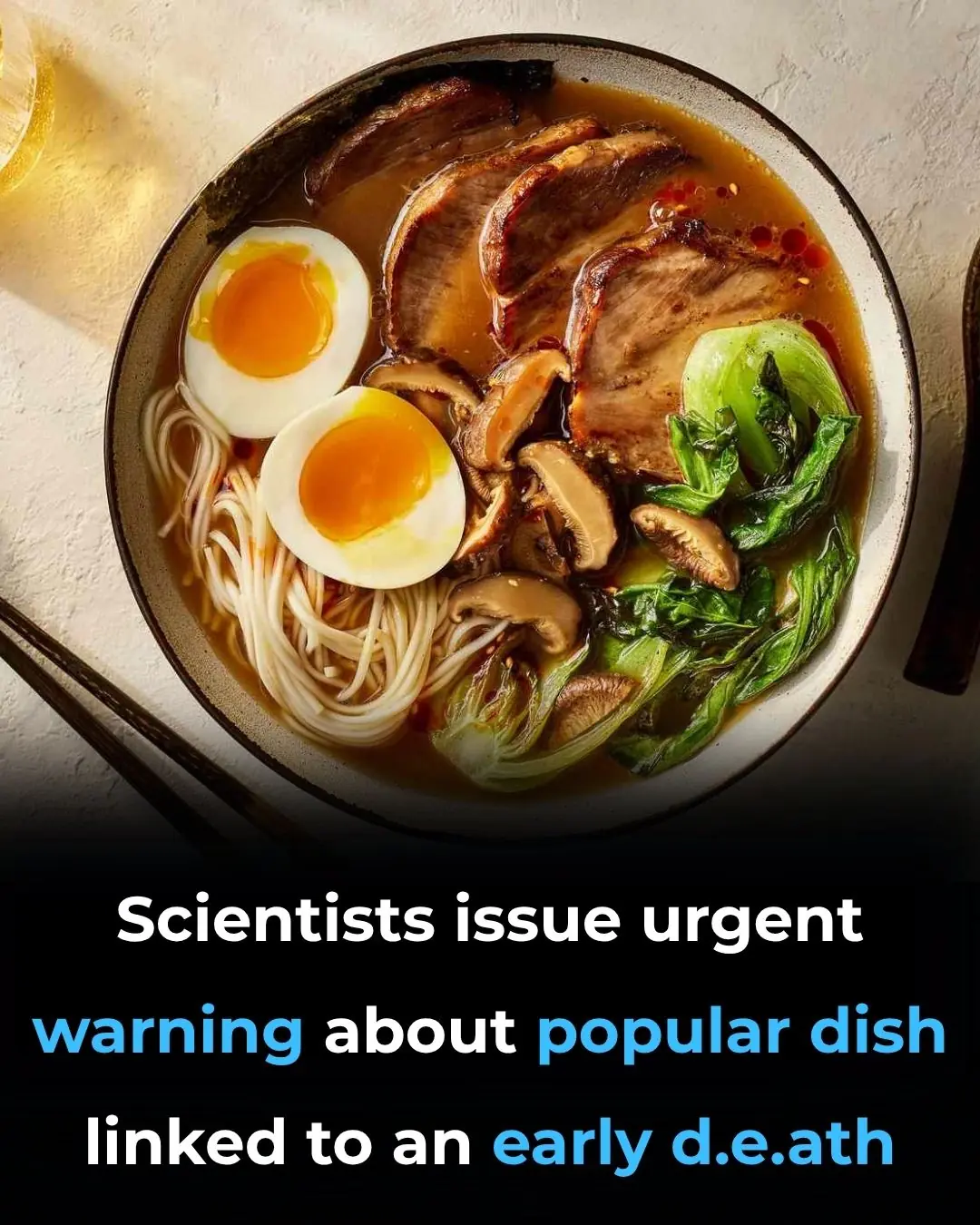
Alarming Study Links Eating Ramen Often to Early Death

This is what happens to your body if you eat eggs for breakfast.

3 types of cheap vegetables in the market help treat melasma effectively: Crush them and apply them to your face to see
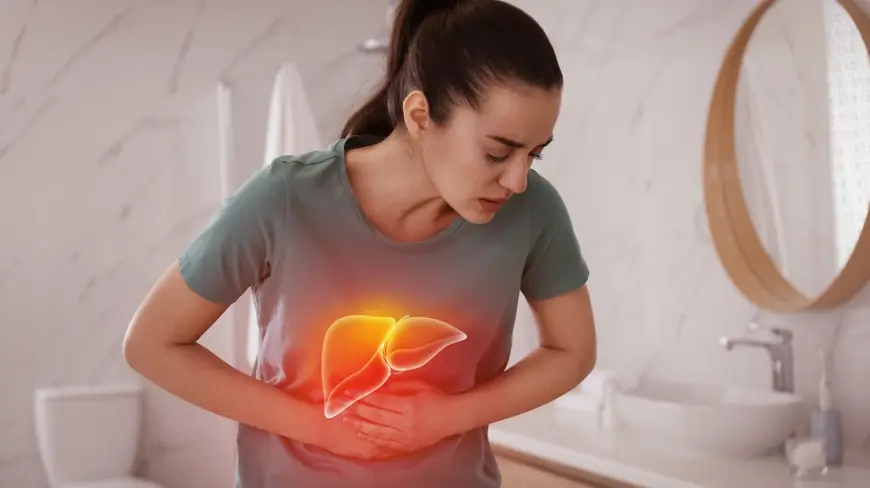
10 Warning Signs Your Liver is Overloaded with Toxins Don’t Ignore These!

Doctors Urge: Don’t Ignore Unexplained Bruising These Hidden Reasons Could Be the Cause

Struggling to Sleep? A Famous Doctor’s 60-Second Trick Could Change Your Nights Forever
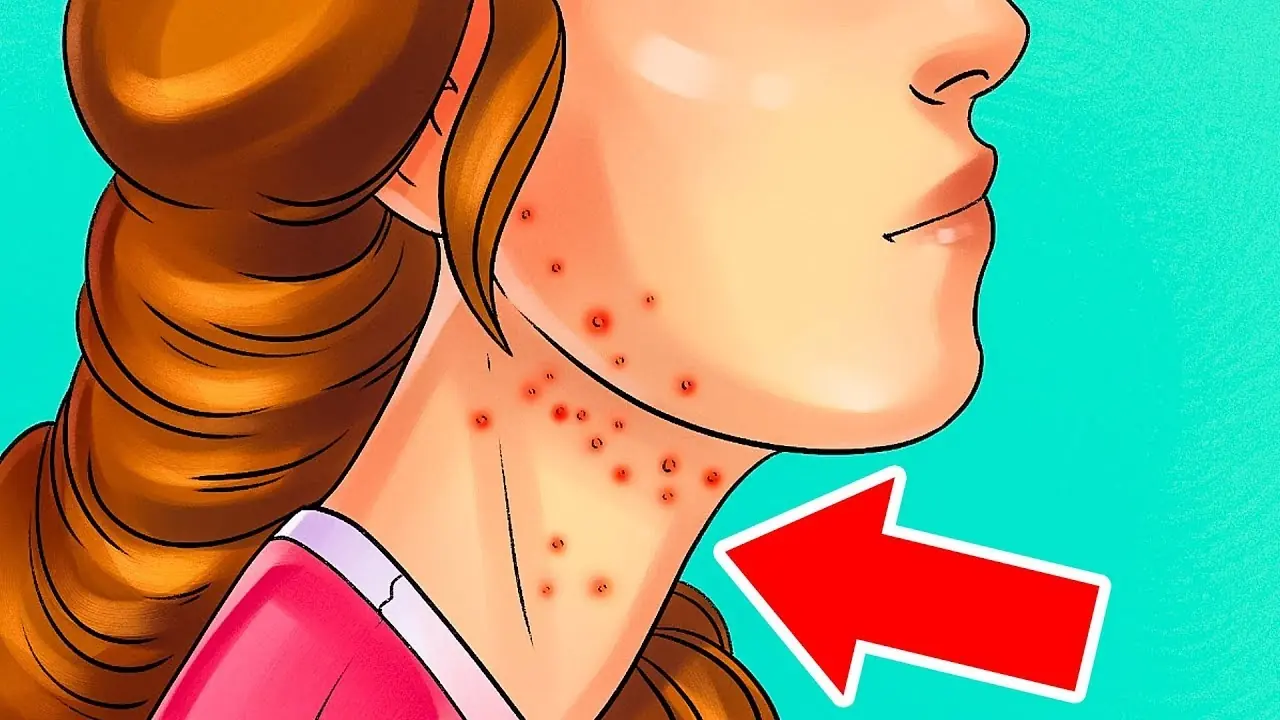
10 Urgent Warning Signs You’re Eating Too Much Sugar
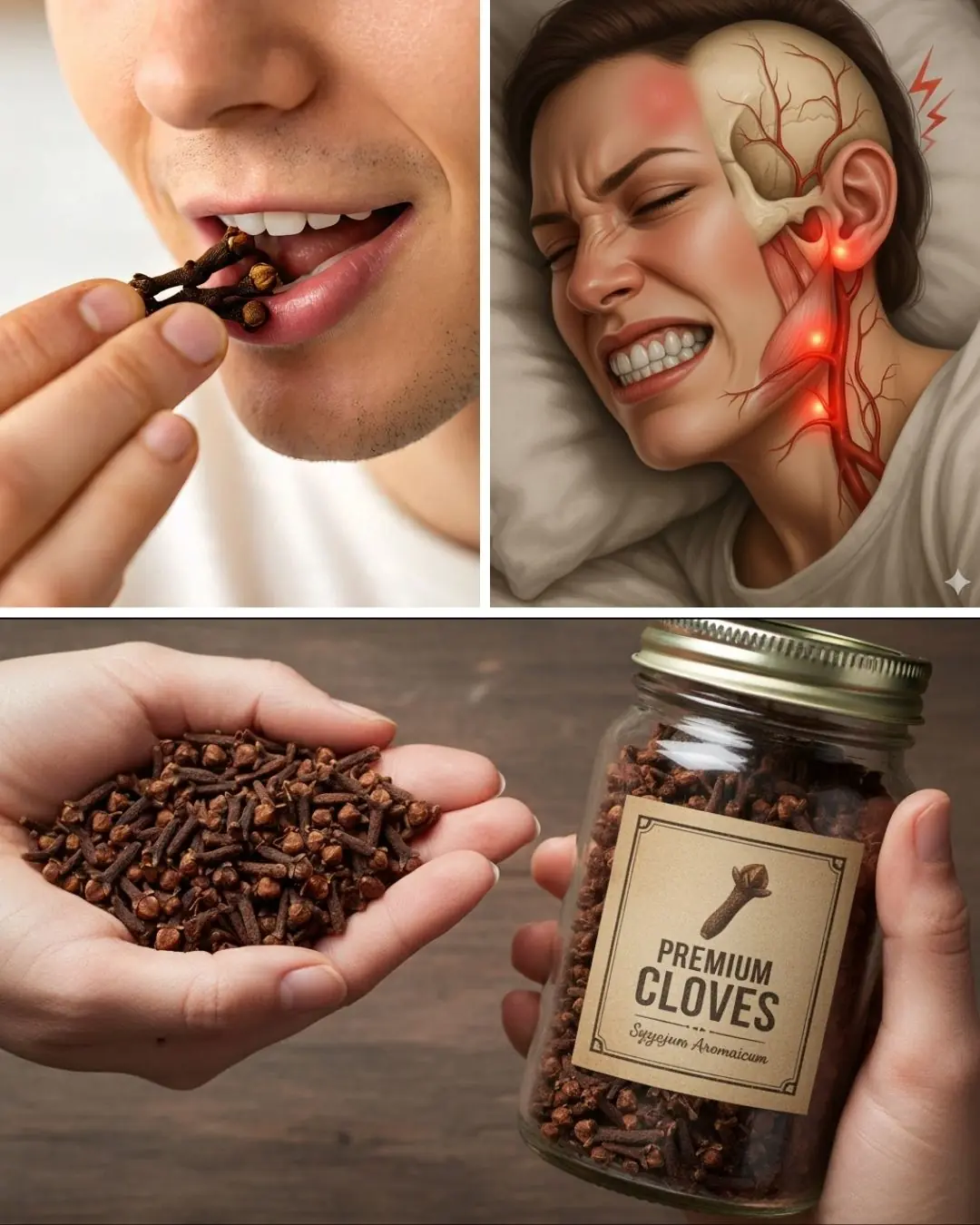
Holding Cloves in Your Mouth: A Natural Way to Relieve Toothache

Doctor has message for anyone who wakes up between 2am and 3am

5 Hygiene Mistakes that Many People Make…
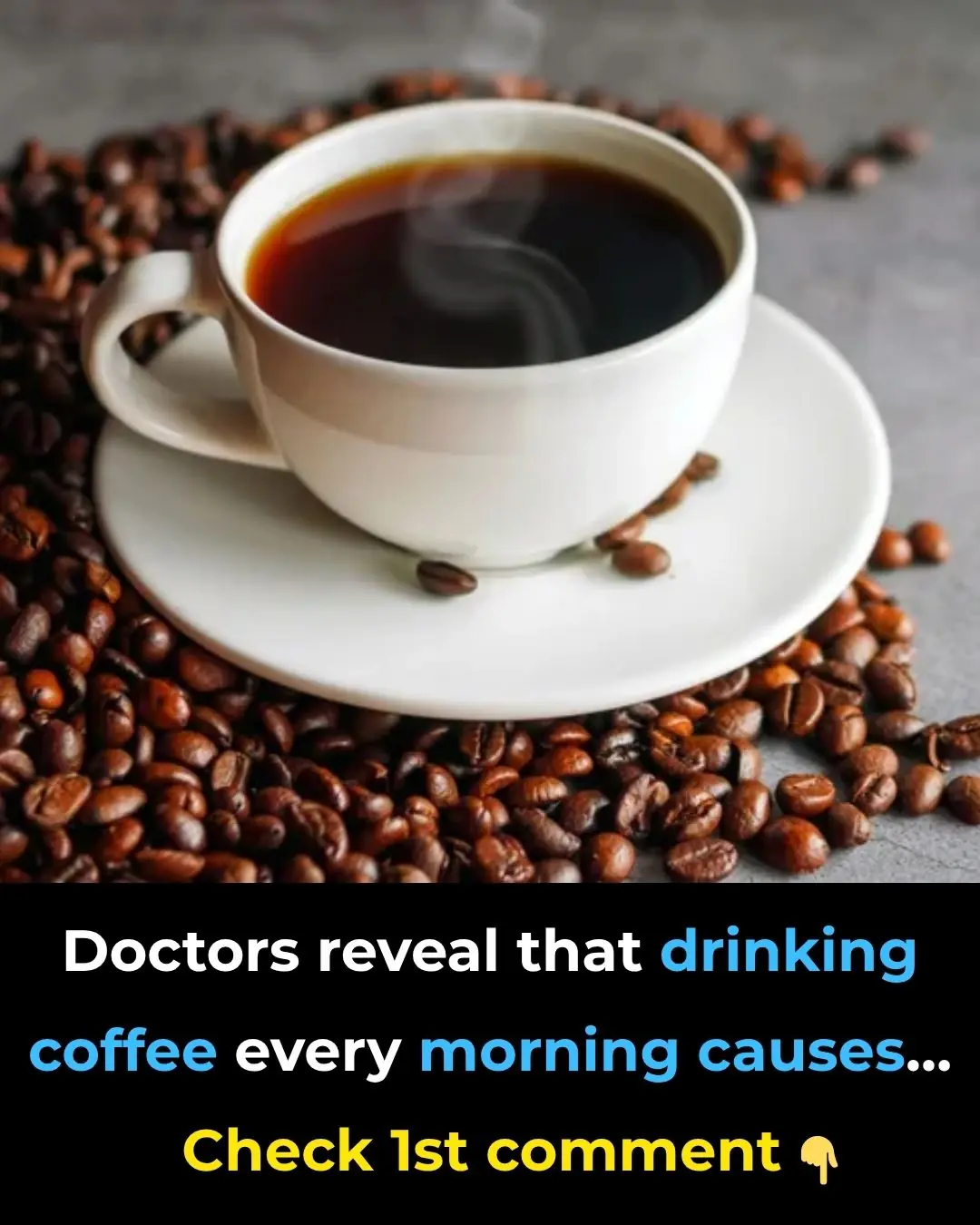
What Really Happens When You Drink Coffee Every Morning
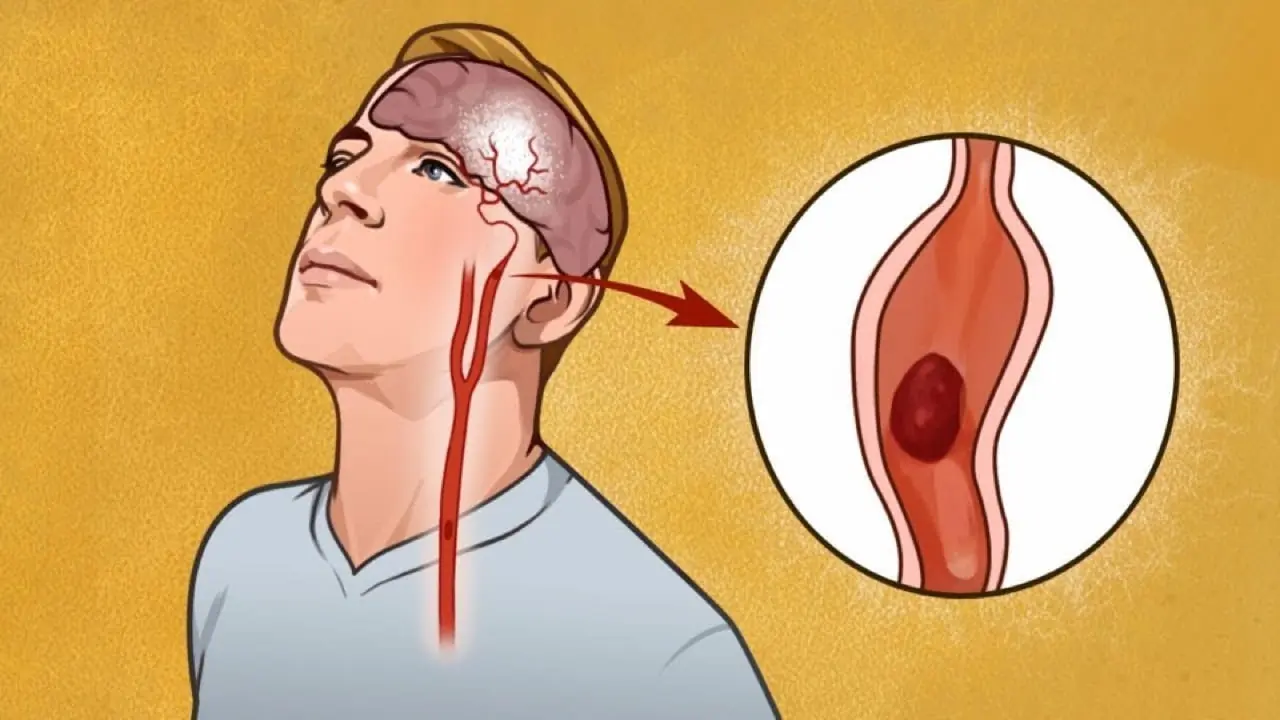
Warning Signs of Poor Blood Circulation You Can’t Afford to Miss
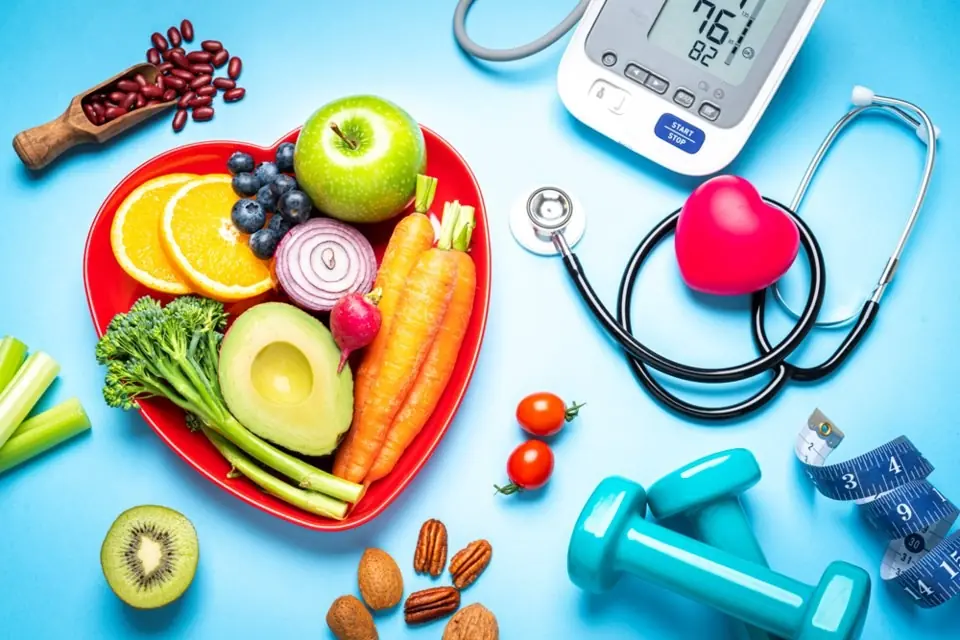
Eat THIS Daily to Keep Your Arteries Clean and Your Heart Healthy

Dates: The Single Food for Heart Attack, Hypertension, Stroke, and Cholesterol
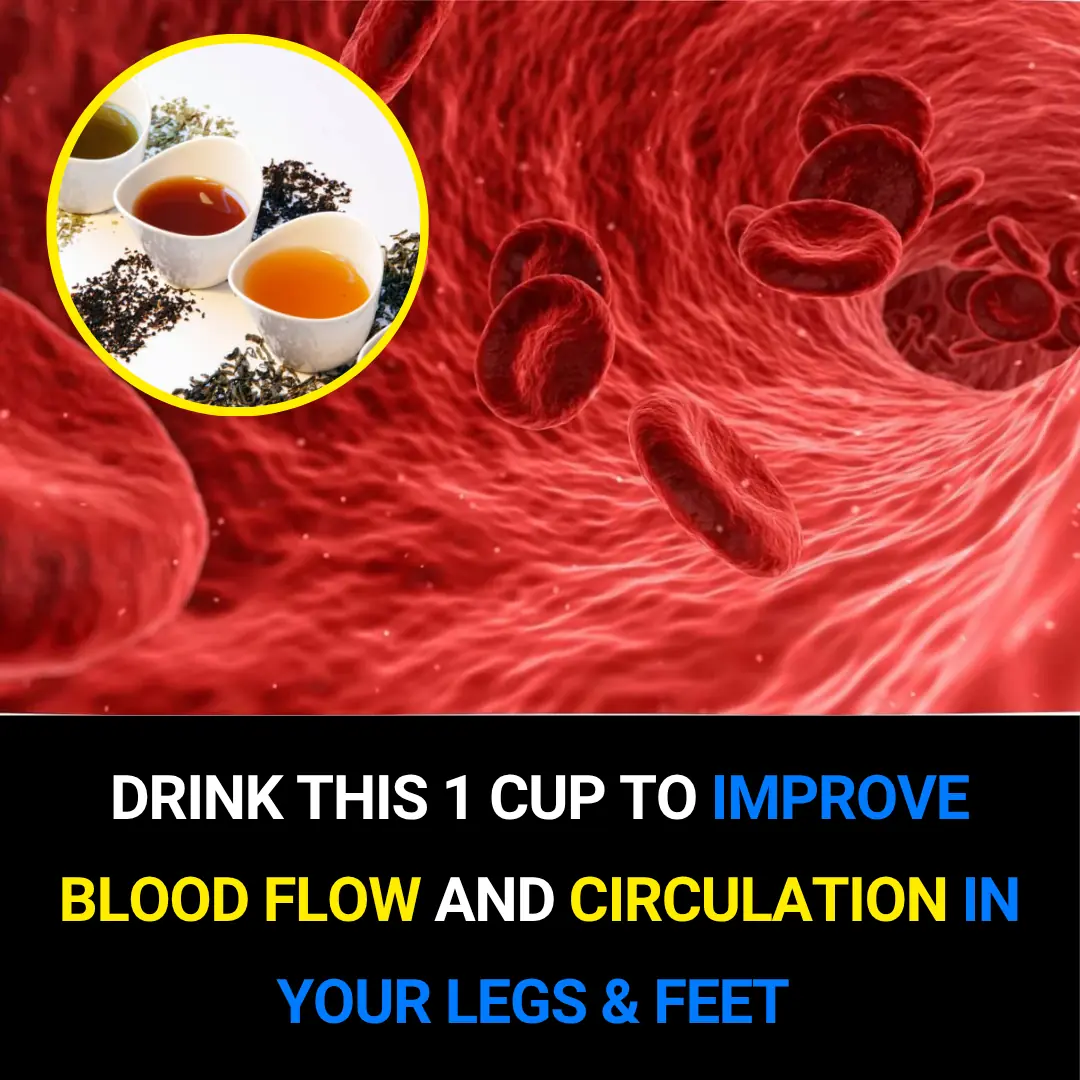
Drink This 1 Cup to Improve Blood Flow and Circulation in Your Legs & Feet
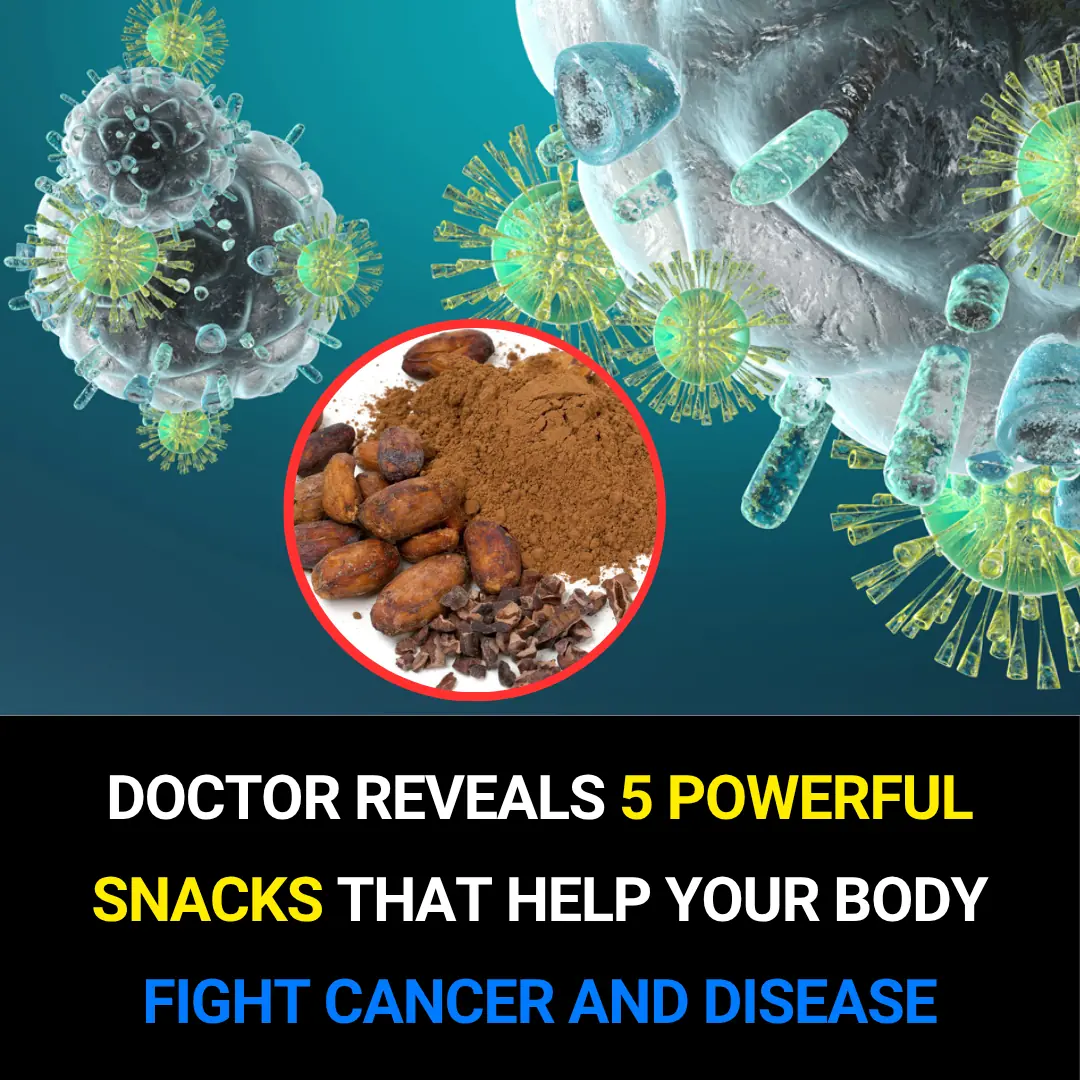
Doctor Reveals 5 Powerful Snacks That Help Your Body Fight Cancer and Disease
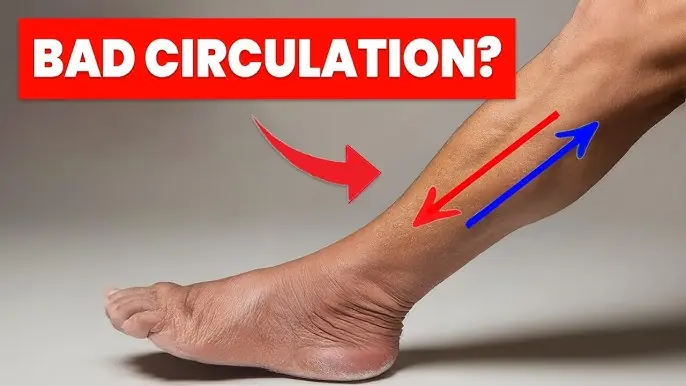
The 3:3:10 Method: 3 Exercises to Improve Leg Circulation
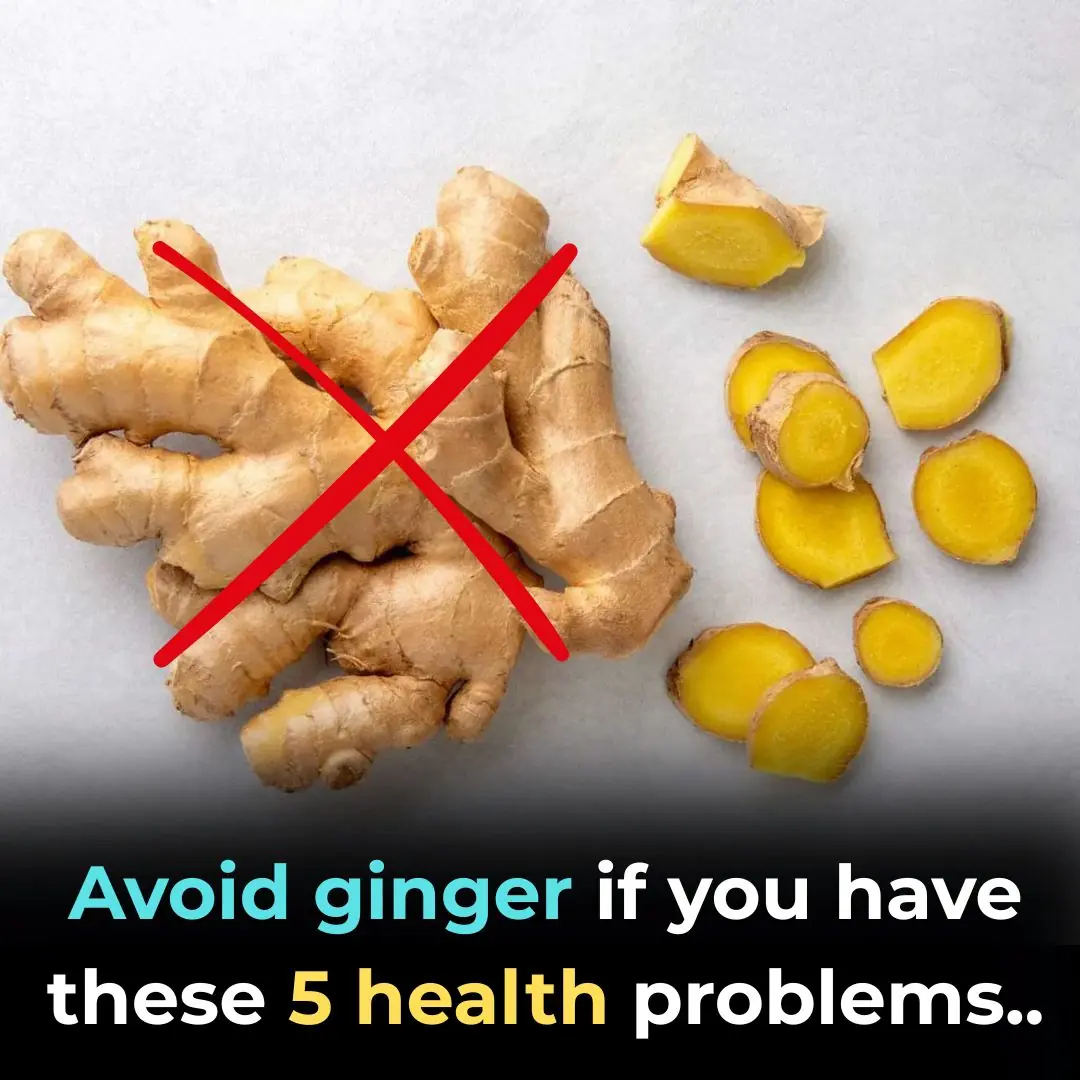
Avoid ginger if you have these 5 health problems..
News Post

Don’t Throw Away Date Seeds – Here’s Why They’re So Powerful

Putting Ice Cubes into Boiling Soup: A Clever Trick Many People Don’t Know

Think Twice Before Drinking Bottled Water in Hotel Rooms – Here's Why It's Not Always Safe or Worth It
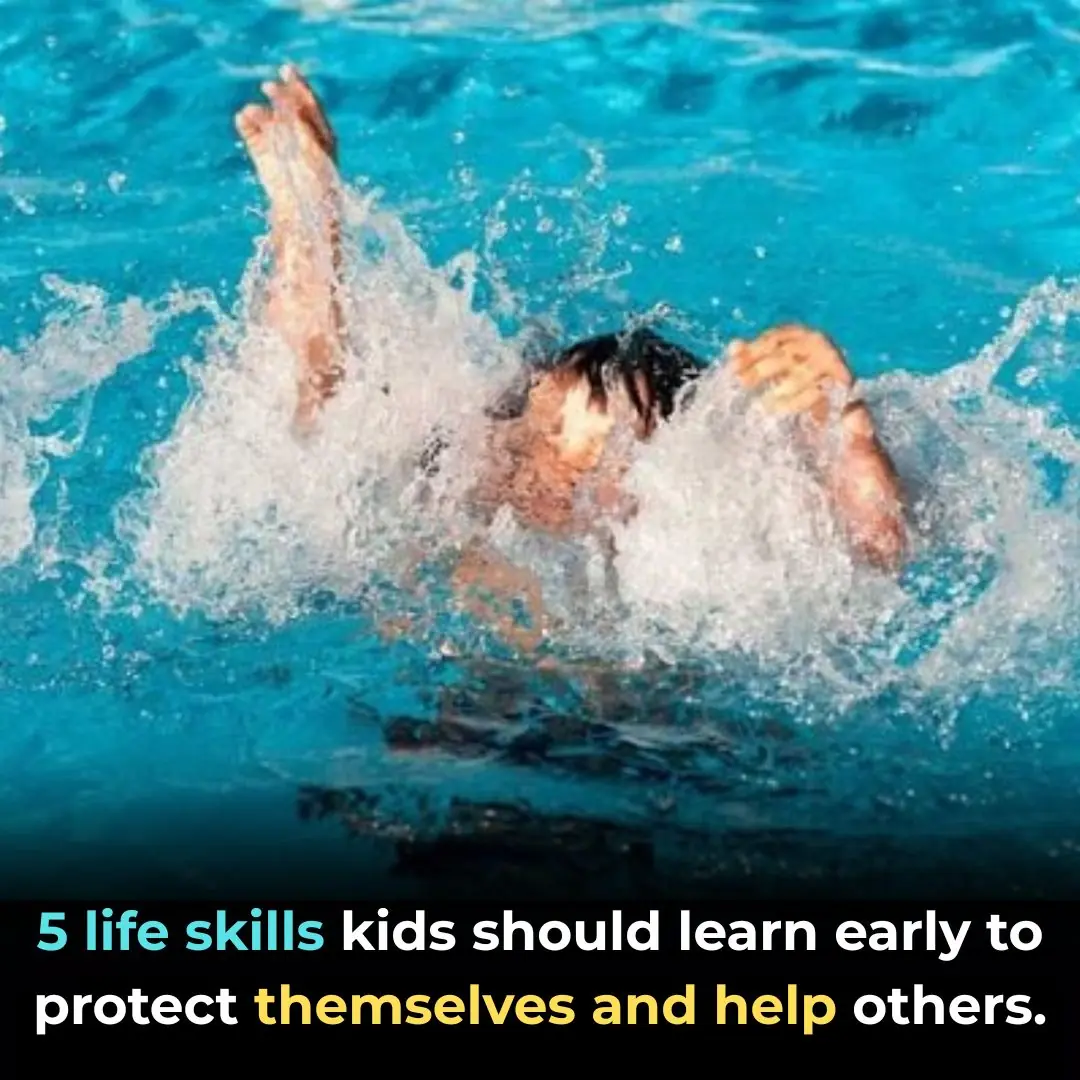
5 Essential Life-Saving Skills Every Child Should Learn Early

A simple tip you probably need right now.

Why Every Home — No Matter How Small — Should Grow Vietnamese Coriander
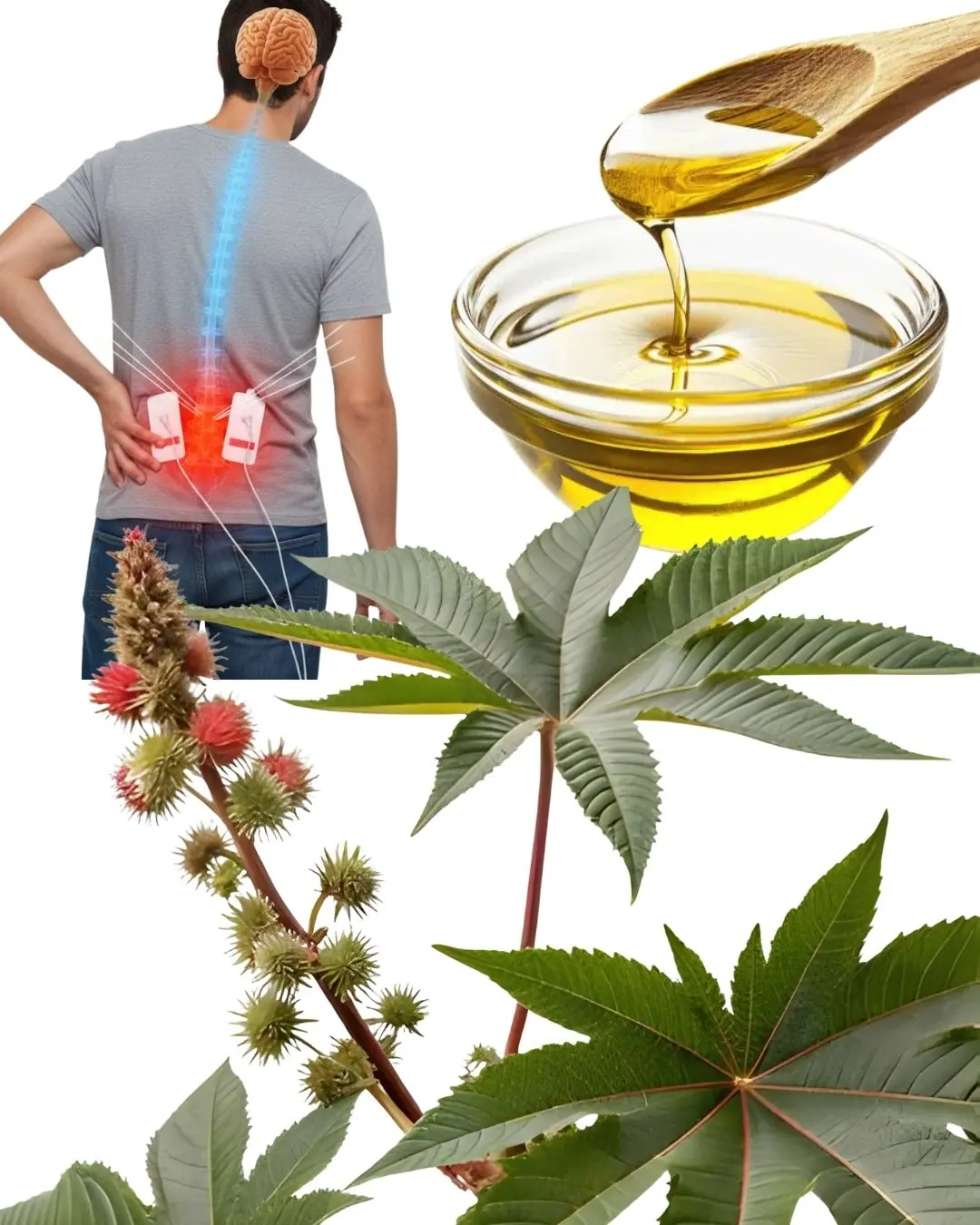
🌿 Discover the Hidden Gold in Your Garden: The Amazing Power of Castor Leaves

Don’t Throw Away Coffee Grounds — You’re Tossing Money and Magic!
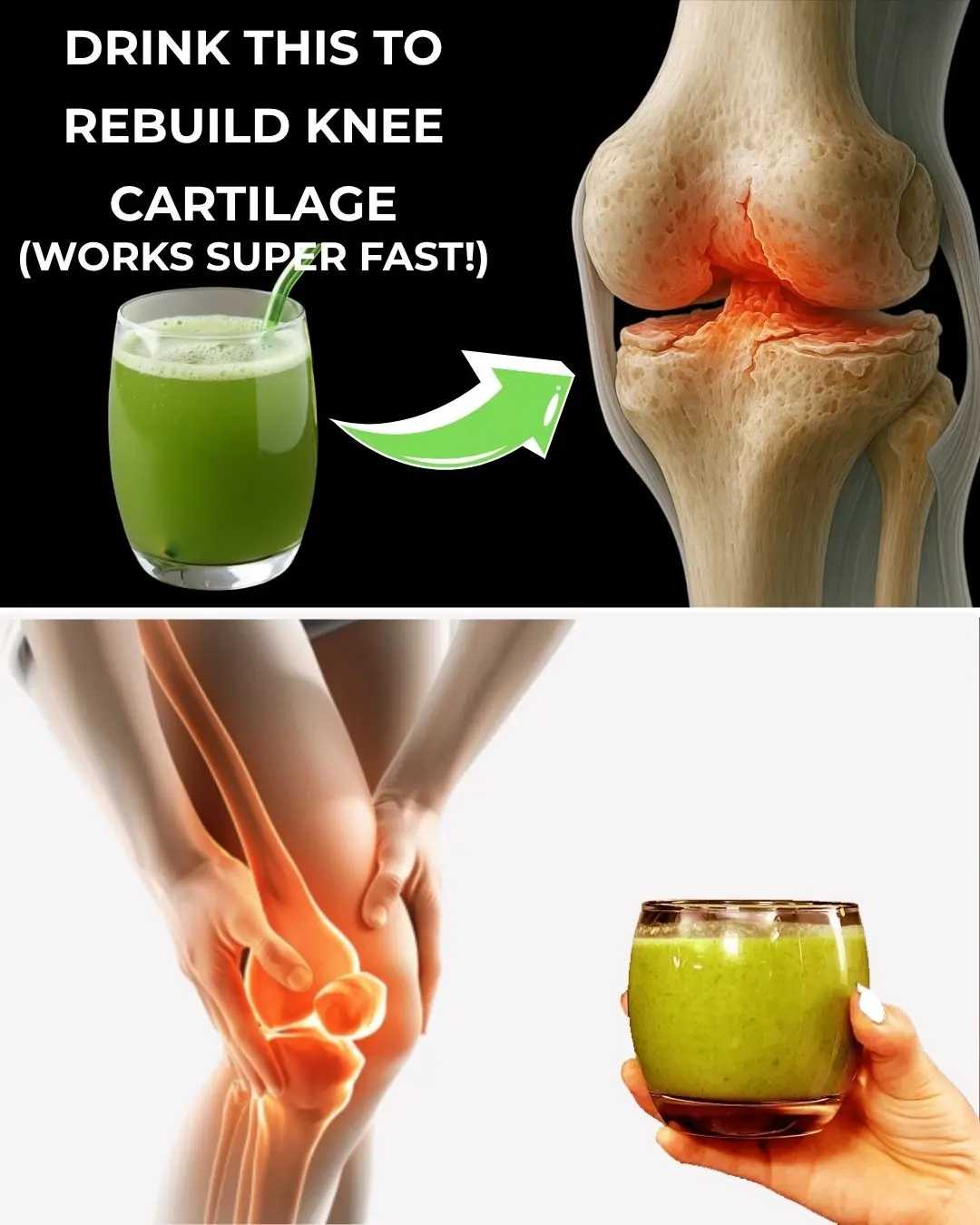
Discover the miracle drink that helps seniors rebuild knee cartilage quickly
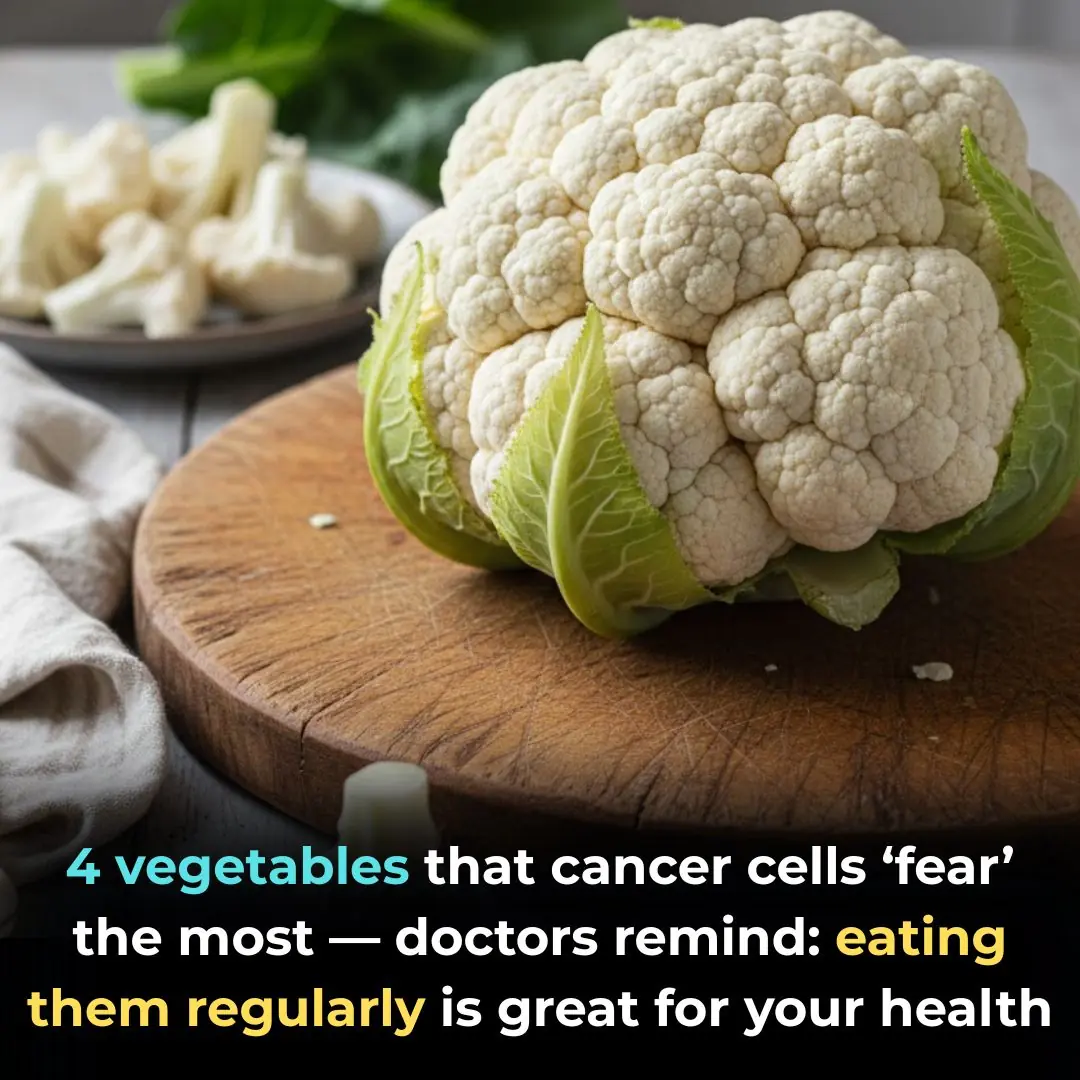
4 Cancer-Fighting Vegetables Backed by Science: Small Daily Habits for Long-Term Protection
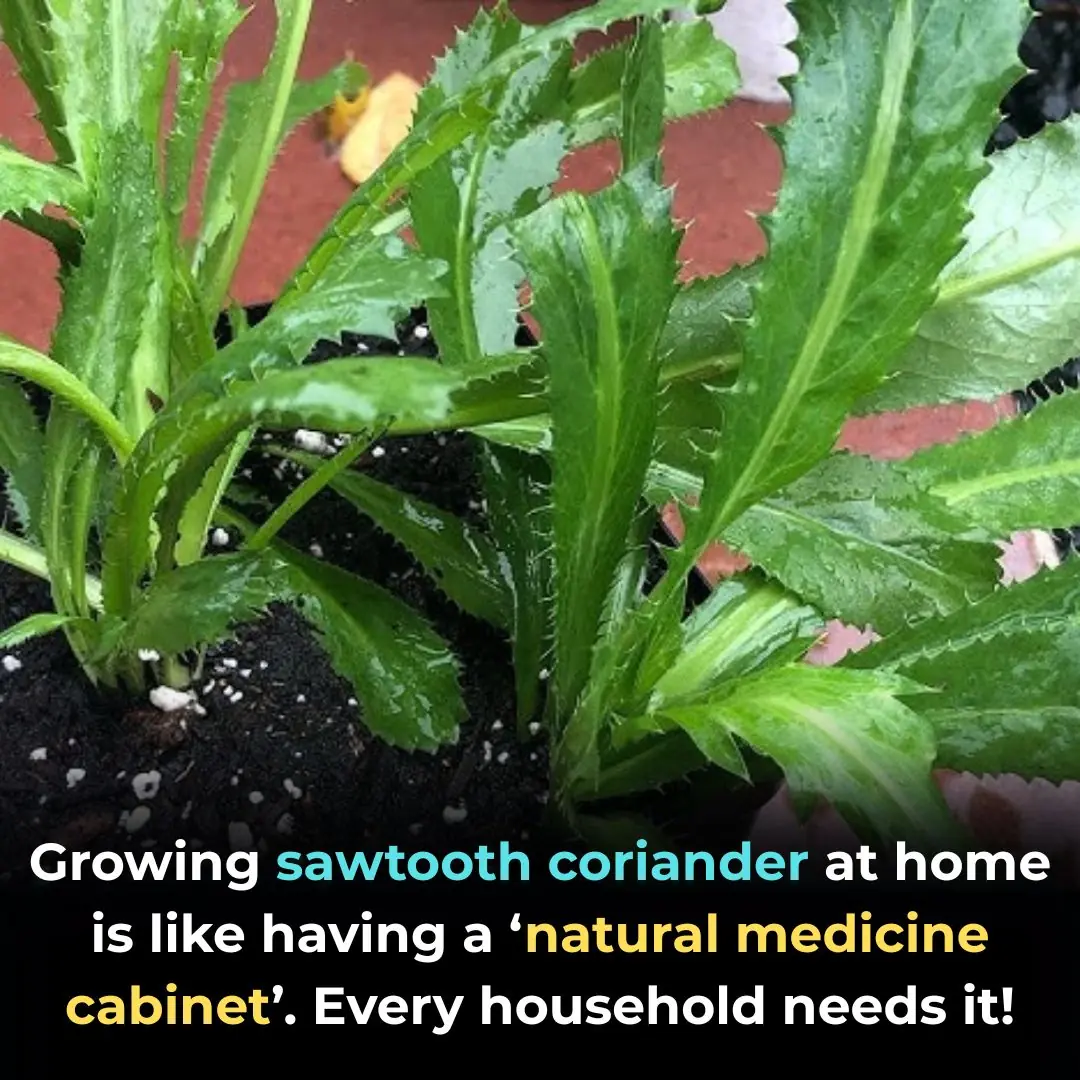
Growing Culantro at Home: A Small Herb with Big Medicinal Power

People Left Disgusted: Shocking Truth About How Crabsticks Are Made
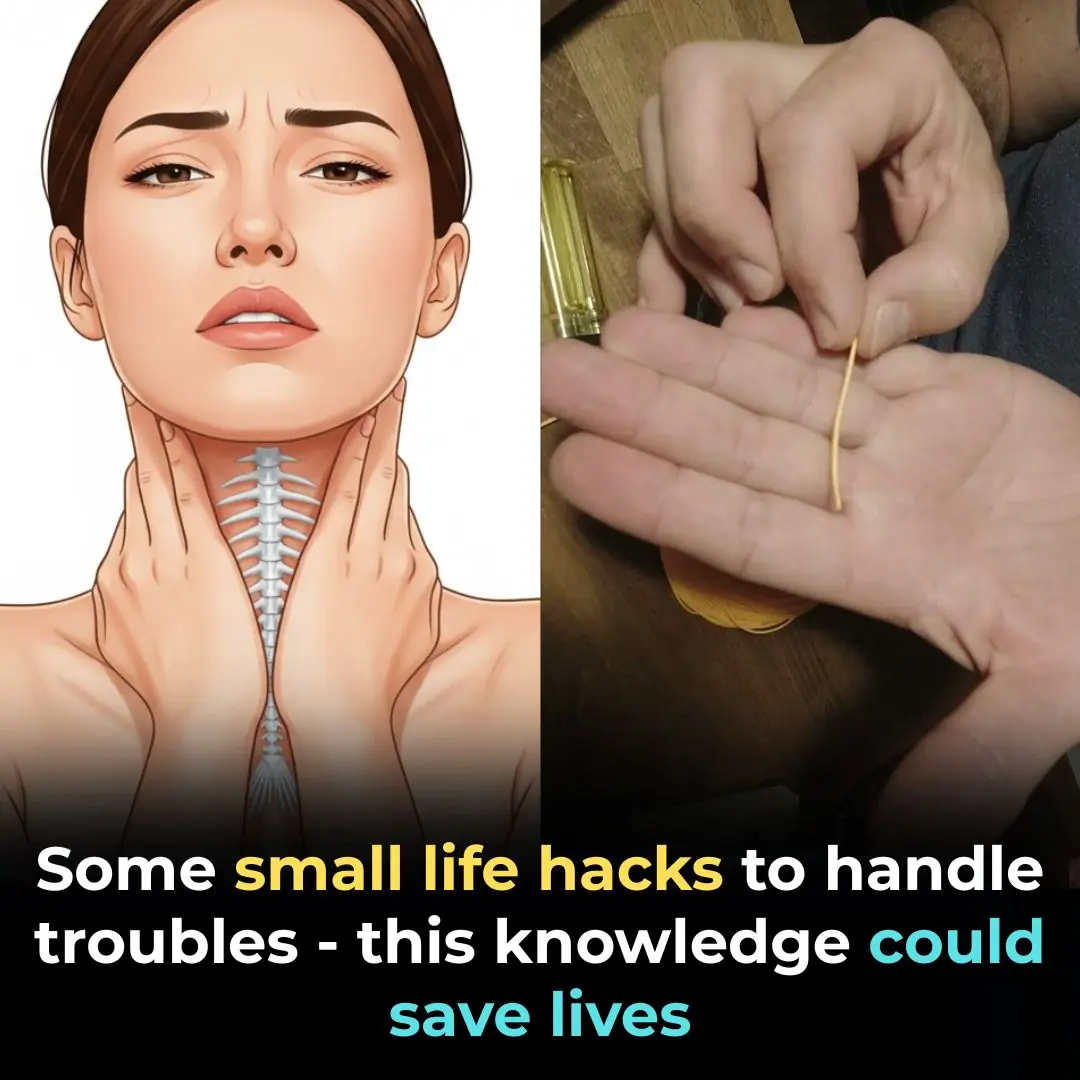
Everyday Emergencies: Small Tips That Could Save a Life

4 Types of Plants Said to Attract Snakes — and What Science Really Says About Safety Around Your Home

Don’t just think “beef for blood.” 11 fruit choices that can help your iron status — with science to back it

Alarming Study Links Eating Ramen Often to Early Death

This is what happens to your body if you eat eggs for breakfast.
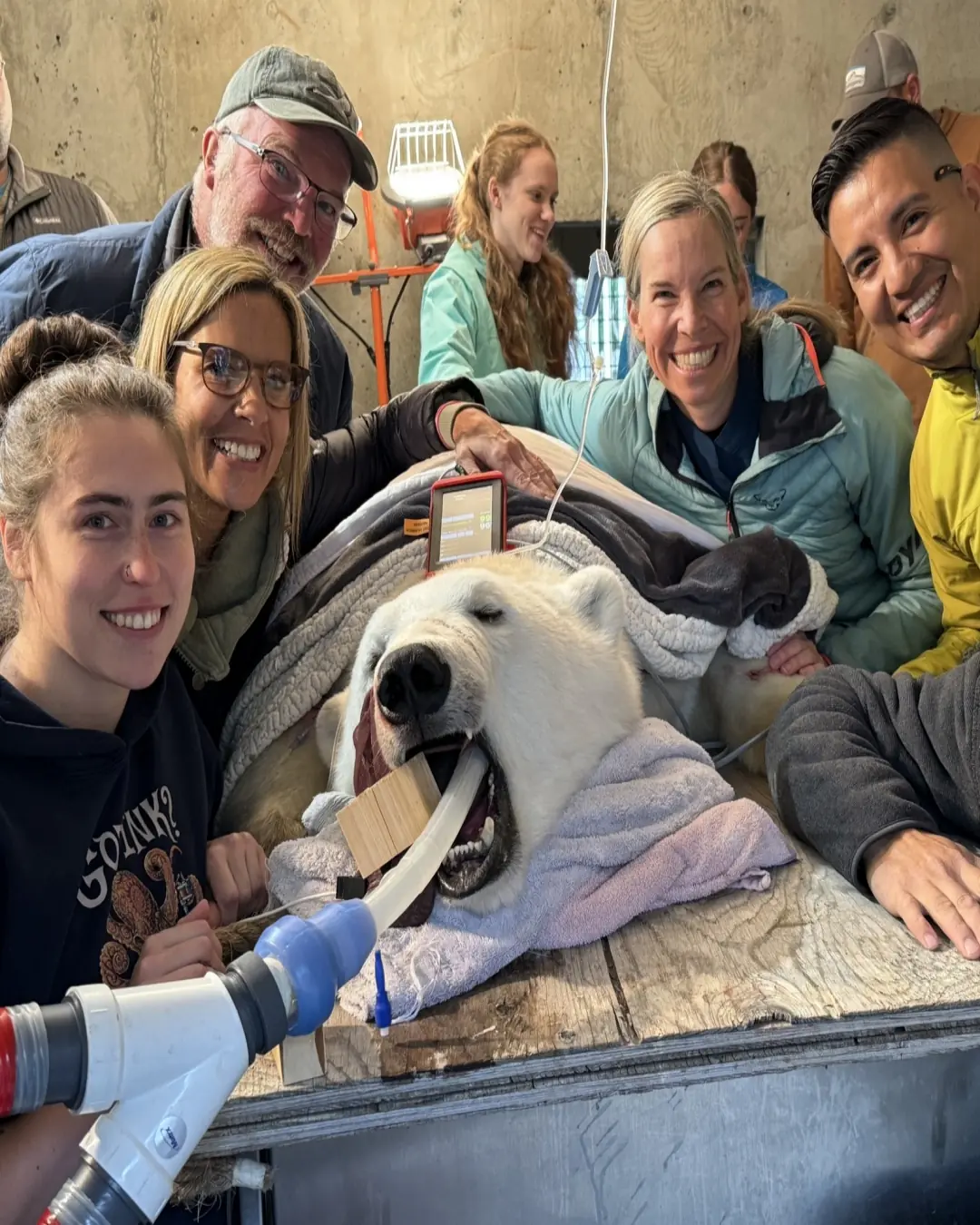
Kova the Polar Bear Becomes First to Benefit from New Marine Mammal Outreach Kit
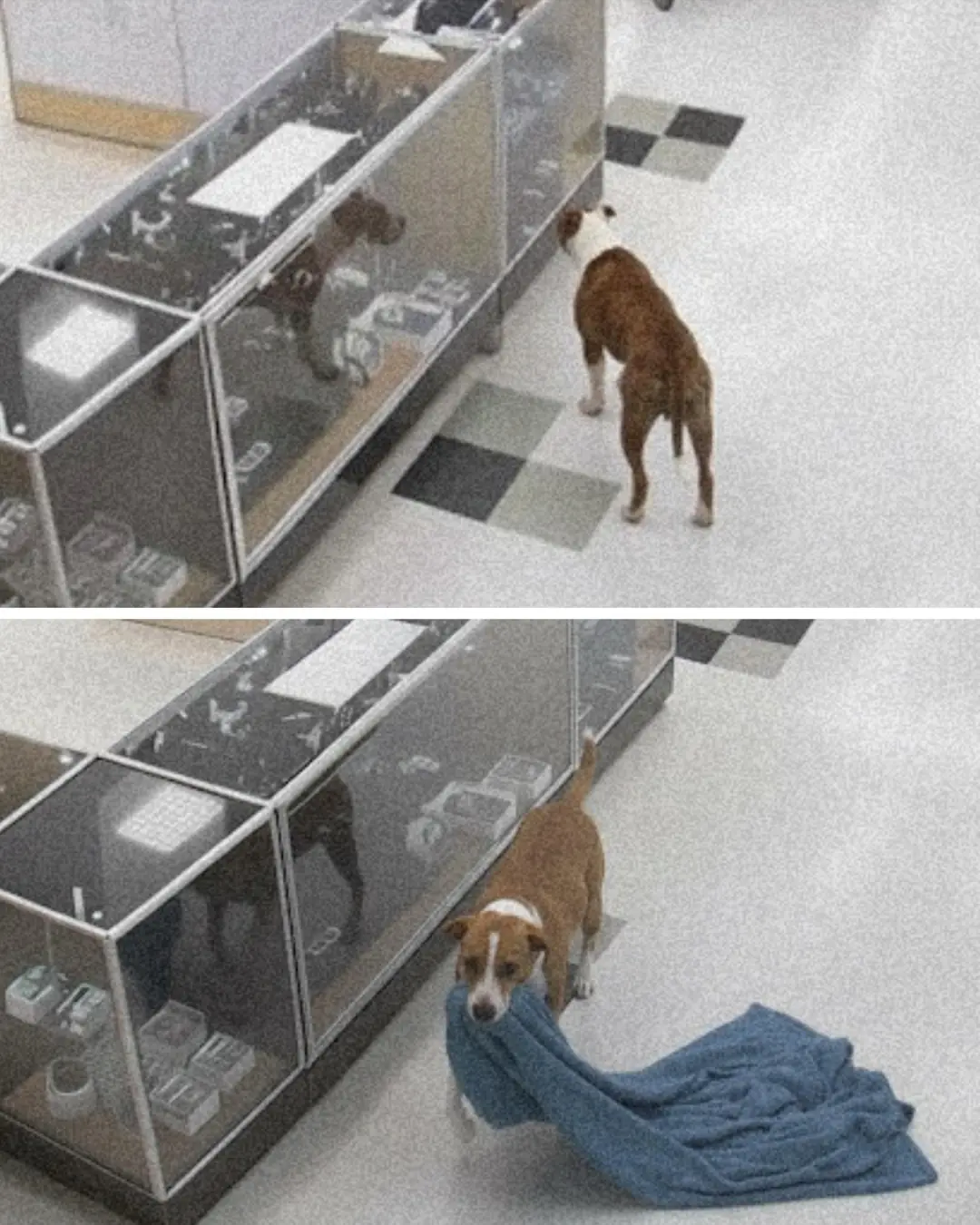
A Blanket Stolen, A Heart Restored: How One Dog Sparked a Wave of Kindness
